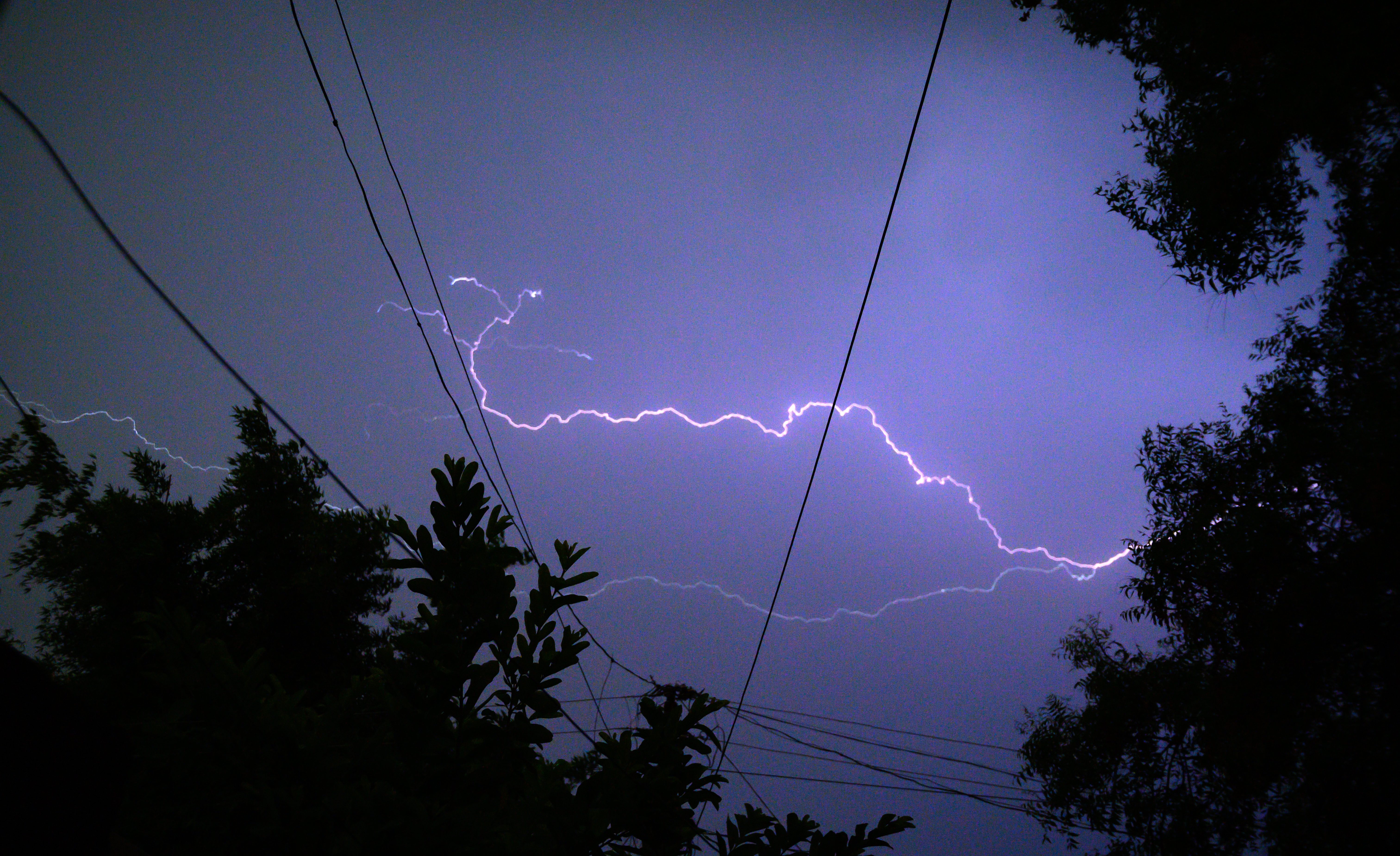As states across the U.S. and Midwest begin seeing changes to abortion laws following the Supreme Court's decision to overturn Roe v. Wade, will those seeking abortions from out-of-state be able to come to Illinois to get one?
The answer is yes.
Since the country will increasingly see a patchwork of policies — with some states restricting abortion and others providing it freely — President Joe Biden on Friday emphasized that the court decision does not prevent anyone from traveling to end a pregnancy.
“Women must remain free to travel safely to another state to seek the care they need," he said. "And my administration will defend that bedrock right.”
Feeling out of the loop? We'll catch you up on the Chicago news you need to know. Sign up for the weekly Chicago Catch-Up newsletter here.
In a statement, Attorney General Merrick Garland said the Justice Department “will work tirelessly to protect and advance reproductive freedom.” He said that in addition to protecting providers and those seeking abortions in states where it remains legal, “we stand ready to work with other arms of the federal government that seek to use their lawful authorities to protect and preserve access to reproductive care.”
Like other states providing access to abortions, Illinois has seen a steady influx of patients crossing the state line for abortions in recent months and those numbers are expected to increase.
According to data from the Illinois Department of Public Health, 7,534 nonresidents received abortions in Illinois in 2019, compared with 2,970 in 2014 and 5,528 in 2017.
Local
Planned Parenthood of Illinois said it expects to handle an additional 20,000 to 30,000 patients in Illinois in the first year following the reversal of Roe.
“We expect every state that borders Illinois to quickly move to ban or severely restrict abortion access. Tens of thousands of people are now facing a terrible dilemma; flee to a state like Illinois to get an abortion, carry a pregnancy against their will or seek an illegal means to end their pregnancy" Jennifer Welch, president and CEO of Planned Parenthood Illinois Action, said in a statement.
Abortion is legal in Illinois and can only be restricted after the point of viability, when a fetus is considered able to survive outside the womb. Medical science determines viability at 24 to 26 weeks, but Illinois law does not specify a timeframe, saying a medical professional can determine viability in each case. Abortions are also allowed after viability to protect the patient’s life or health.
The Supreme Court's ruling won't change access to abortion in Illinois. After the Roe v. Wade decision in 1973, the Illinois Abortion Act of 1975 legalized abortion but enacted a “trigger law” that would reinstate the ban if Roe were overturned. That trigger law was repealed in 2017 in legislation that also required Medicaid and state employees’ group health insurance to cover abortions. The 2019 Reproductive Health Act replaced the 1975 law, large parts of which were never enforced because they were found to be unconstitutional.
Elsewhere, however, at least 23 states already have laws or constitutional amendments in place that would make them likely to try and ban abortion as quickly as possible, according to the Guttmacher Institute, an abortion-rights advocacy and research group.
Thirteen states have "trigger" laws, which were designed to ban abortion in the event that Roe is overturned. Another half-dozen states have near-total bans or prohibitions after 6 weeks of pregnancy, before many women know they are pregnant.
Surrounding Illinois, many Midwest states restrict abortions and could see stricter laws coming.
In Missouri, a trigger law could go into effect with a declaration by the state attorney general, a gubernatorial proclamation, or a resolution from both houses of the state Legislature that Roe has been overruled or a constitutional amendment has taken effect.
In Wisconsin, which has an 1849 abortion ban on the books, Planned Parenthood immediately halted all scheduled abortions at its clinics in Madison and Milwaukee following the high court's ruling.
Now that Roe v. Wade has bene overturned, it is presumed that a Wisconsin law passed in 1849 making an abortion a felony offense could go into effect. However, Wisconsin’s Democratic attorney general argues that the law is so old that it’s unenforceable.
The language allows a woman to legally destroy her own fetus or embryo and grants immunity if an abortion is needed to save a woman’s life and is performed at a hospital. Another state law, passed in 1985, prohibits abortions performed after a fetus reaches viability -- when it could survive outside the womb -- conflicting with the 1849 ban.
Republican lawmakers are expected to attempt to clarify the 1849 law to ensure there is a ban in place, even as that issue is fought in the courts. However, lawmakers’ efforts would be stymied if Democratic Gov. Tony Evers wins reelection. Wisconsin’s Republican Assembly Speaker Robin Vos has said he supports an exception in cases of rape and that a ruling on Roe could force lawmakers to consider other related reproductive issues such as contraception. Other Republicans will push for more restrictive abortion laws.
For both Michigan and Wisconsin, the fate of abortion access depends on the upcoming midterm elections as Democratic governors have fought against antiabortion legislation proposed or passed by Republican-led legislatures.
Though Iowa doesn't have a trigger law, rather a six-week ban, courts have blocked or struck down recent laws restricting abortion. With the latest decision, those laws could go into effect within weeks.
In Indiana, Republican legislative leaders said Friday they expected lawmakers to act on tightening Indiana’s abortion laws during a special legislative session starting July 6, but gave no details about what restrictions would be considered.



